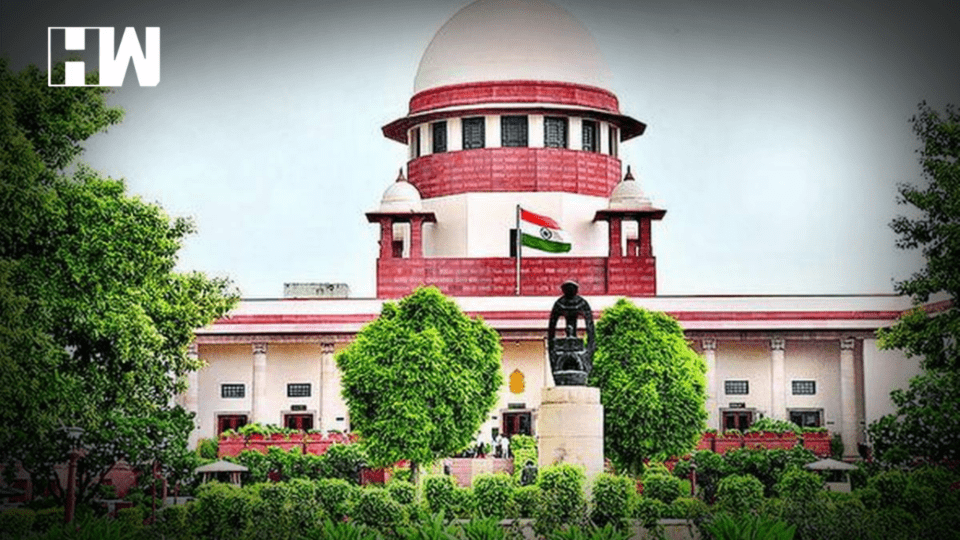The Justice AM Khanwilkar-led bench has enhanced the authority of the investigation agency.
New Delhi: The Supreme Court today dismissed nearly all challenges made against the Enforcement Directorate (ED) investigation agency over a number of authorities, including the ability to open an inquiry, the ability to make an arrest, and others, supporting the Enforcement Directorate with a significant ruling.
These arguments were denied by the highest court.
The top court rejected the petitioners’ argument that the ECIR is comparable to a FIR and that the accused is entitled to a copy because it is an internal document and not required to be provided in every case. It was stated that providing the grounds for the arrest at the time of the arrest by the Enforcement Directorate was sufficient.
Additionally, the petitioners claimed that putting the onus of proof on the accused infringes upon fundamental rights such the right to equality and the right to life.
The Center defended it by claiming that money laundering is a continuous offense that involves a series of acts rather than a single act. Even if they may have been produced before to 2002, proceeds of crime may still be in the accused’s possession or being used today.
In all of these issues, the court supported the center today.
A number of petitions challenging specific elements of the Prevention of Money Laundering Act were previously on hold pending the supreme court’s decision (PMLA). Among the petitioners are Mehbooba Mufti, the former chief minister of Jammu and Kashmir, and politician Karti Chidambaram.
The Center defended it by saying that rather than a single act, money laundering is a continuous violation that encompasses a number of acts. Proceeds of crime may still be in the accused’s possession or being used today, even if they were produced prior to 2002.
The court today backed the center on each of these grounds.
Prior to the supreme court’s decision, a number of applications contesting particular provisions of the Prevention of Money Laundering Act were put on hold (PMLA). Mehbooba Mufti, the former chief minister of Jammu & Kashmir, and politician Karti Chidambaram are among the petitioners.
The constitutionality of the PMLA clauses was defended by the center. The center has defended the PMLA changes by arguing that money laundering threatens not only financial systems but also national integrity and sovereignty because it is not only done by dishonest businesspeople like Vijay Mallya or Nirav Modi but also by terrorist organizations.
As an independent media platform, we do not take advertisements from governments and corporate houses. It is you, our readers, who have supported us on our journey to do honest and unbiased journalism. Please contribute, so that we can continue to do the same in future.

